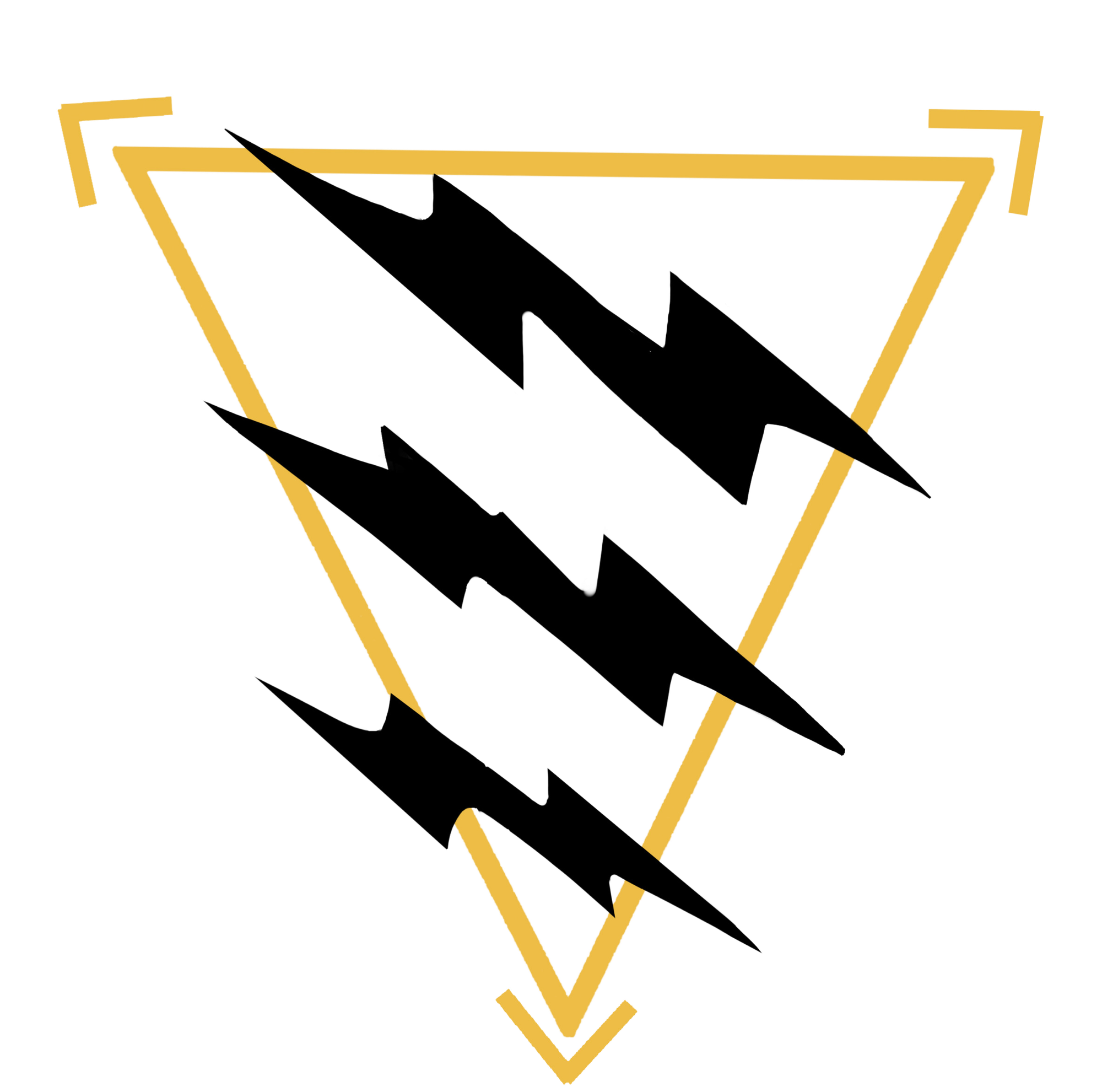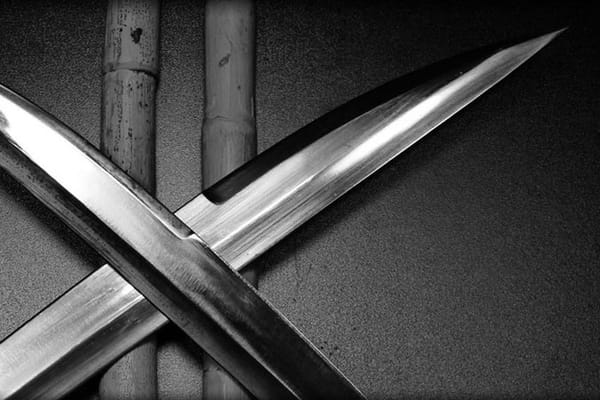Using Everyday Objects as Improvised Self-Defense Weapons

At Sentinel Combatives, we train for the real world—not the perfect scenario. You may not always have a firearm, a blade, or even your hands free. But what you do have in nearly every situation is your environment—and that means tools, leverage, and options.
Improvised weapons are not a gimmick. They are a mindset. A way of viewing the world as a toolbox, not a trap.
Let’s break down how you can turn ordinary objects into extraordinary tools for survival.
What Is an Improvised Weapon?
An improvised weapon is any item not originally designed for defense but capable of inflicting damage, creating distance, or buying time during a threat.
It could be as obvious as a pen—or as unlikely as a coffee mug, phone charger, or flashlight.
Improvised weapons serve three core purposes:
- Injury/Control – Disable or deter an attacker
- Distraction – Break the attacker's focus to create an opening
- Barrier/Buffer – Shield, deflect, or create distance
At Home
Your home is filled with tools that can be repurposed in a heartbeat.
- Flashlight (tactical or not) – Used for striking or blinding
- Kitchen utensils – Forks, rolling pins, cast iron pans
- Lamps – Detachable bases make solid impact tools
- Fireplace tools or brooms – Distance weapons or barricade tools
- Books – Rolled tightly or thrown as distractions
- Keys in your fist – Used to slash, jab, or reinforce punches
- Coffee mug or water bottle – Heavy enough to strike or throw
Bonus tip: Use furniture like chairs, stools, or shelves as barricades or impromptu shields during a home invasion.
In Your Vehicle
Your car isn’t just a mode of transportation—it’s a mobile armory if you think creatively.
- Tire iron or lug wrench – Heavy impact tool
- Umbrella – Surprising reach and striking power
- Ice scraper – Edged leverage against glass or soft tissue
- Phone charging cable – Distraction, tourniquet, or control tool
- Pen or stylus – Piercing or pressure-point strikes
- Fire extinguisher – Spray to blind or strike as a blunt object
Mental drill: Imagine you’re attacked while pumping gas—what’s within arm’s reach right now?
In Your Bag or Pocket
What you carry every day could save your life—if you train with it in mind.
- Tactical pen – Designed for writing and striking
- Flashlight – Light + blunt force
- Carabiner – Can be used for grip assist or knuckle reinforcement
- Keys – Use like a kubotan or flail
- Water bottle (metal) – Blunt force with good reach
- Heavy smartphone – Distract, strike, or use the edge
- Belt with metal buckle – Distance weapon or restraining tool
Pro tip: Practice accessing these items under stress. Can you deploy your flashlight or pen with one hand in 2 seconds or less?
At the Office or Public Places
The workplace, restaurants, or stores still offer options—if you're paying attention.
- Chair – Creates space, blocks attacks, or pushes back
- Clipboard or laptop – Shield or strike tool
- Pen or scissors – Direct piercing tools
- Coffee pot or thermos – Hot liquid + weight = deterrent
- Trash can lid – Makeshift shield
- Fire extinguisher – Pressure burst + impact (rarely locked up)
- Extension cords or phone chargers – Control limbs or trip attackers
Awareness challenge: Sit in a coffee shop. List 5 things around you could use to fight or escape.
The Real Weapon Is Your Mind
Improvised weapons work because of mindset + training.
You don’t need years of martial arts to use them well—but you do need:
- Confidence under pressure
- Practice in drawing, striking, and escaping
- The ability to stay calm and think tactically
- Awareness of your surroundings at all times
At Sentinel Combatives, we teach:
- Improvised weapons drills
- Scenario-based threat response
- Non-traditional carry options
- Krav Maga and IDS techniques that fit real-world violence
📧 Email: jerry@sentinelcombatives.com
📞 Call: 828-415-0826





